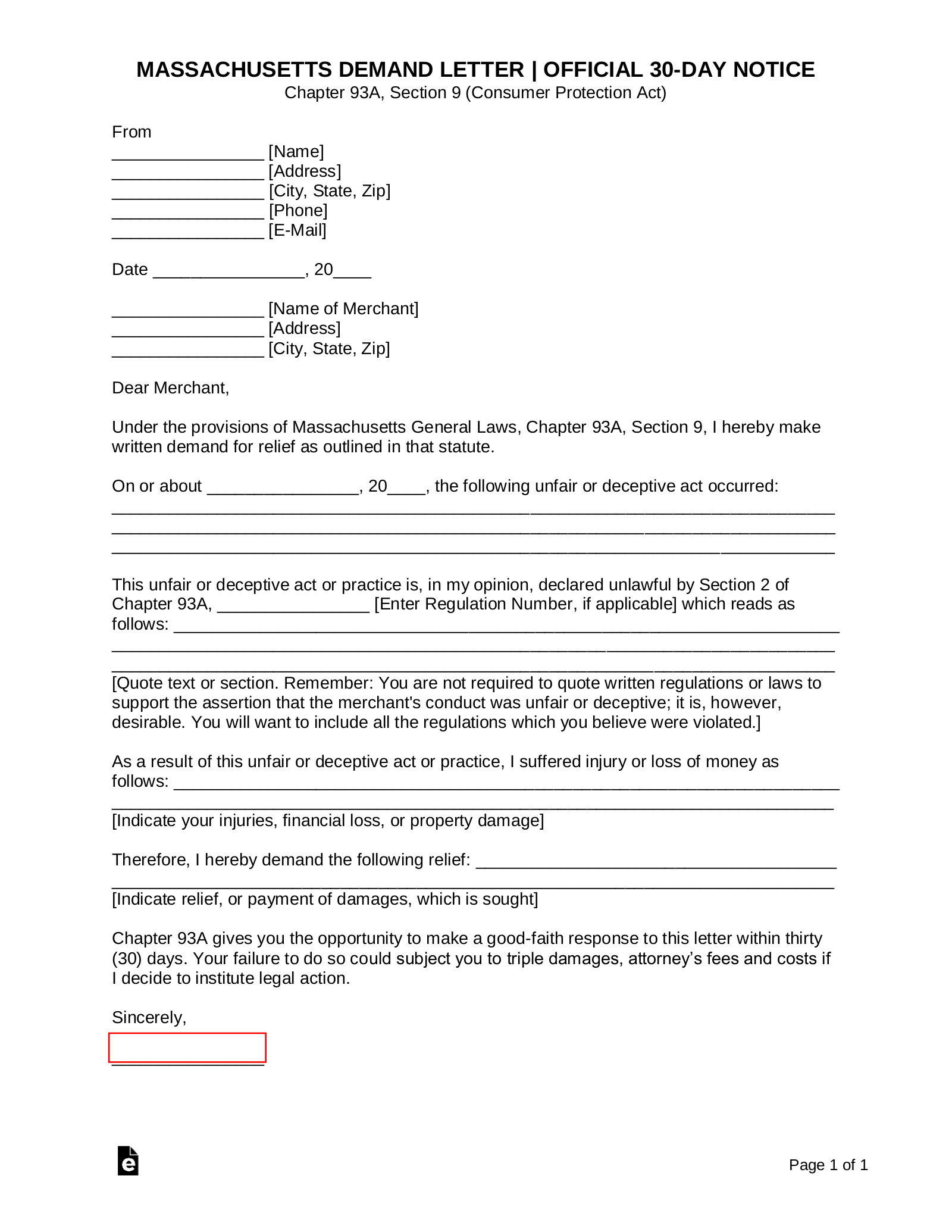
Analysis of Nightingale v. National Grid USA Service Company
Introduction
When a plaintiff brings a G.L. c. 93A action over debt collection practices, a grant of summary judgment in favor of the defendants must be vacated if the plaintiff alleged cognizable injuries. This was the holding in the Nightingale v. National Grid USA Service Company case. The defendants had hired debt collectors to collect a debt and made excessive calls to the plaintiff, Nightingale, resulting in a violation of the Massachusetts Consumer Protection Act. The district court had granted summary judgment to the defendants, but it was later vacated due to Nightingale’s alleged cognizable injuries.
Injury Analysis
The district court had concluded that cognizable injury under chapter 93A extends no further than injury actionable at common law. However, the court’s approach was not endorsed since a section 9 injury does not necessarily require the elements of analogous common-law torts. The defendants argued that Nightingale had failed to allege a cognizable injury based on both of his theories of injury that, according to them, were impermissible “per se theories.” However, the argument rests on a flawed premise as the section 2 violation did not occur when Nightingale received the excessive calls but when Defendants initiated them. Nightingale has, therefore, demonstrated a cognizable privacy-related injury and a cognizable emotional distress injury under section 9 of chapter 93A.
Remand for Further Proceedings
The district court’s grant of summary judgment to defendants was vacated. The denial of class certification was also vacated, and the case was remanded for further proceedings consistent with this opinion.
Conclusion
The Nightingale v. National Grid USA Service Company case established that a grant of summary judgment in favor of defendants must be vacated if the plaintiff alleged cognizable injuries. The ruling clarified the interpretation of section 9 injury allowable under chapter 93A and affirmed that it does not depend on the elements of analogous common-law torts. Moreover, a section 2 violation does not occur when a plaintiff receives excessive calls but when the defendants initiate them. Overall, this case offers valuable guidance on the assessment of cognizable injuries under chapter 93A and helps to shape the legal landscape for debt collection practices.
Originally Post From https://masslawyersweekly.com/2024/07/17/consumer-protection-chapter-93a-cognizable-injuries/
Read more about this topic at
Fair Debt Collection Practices Act
What laws limit what debt collectors can say or do?


